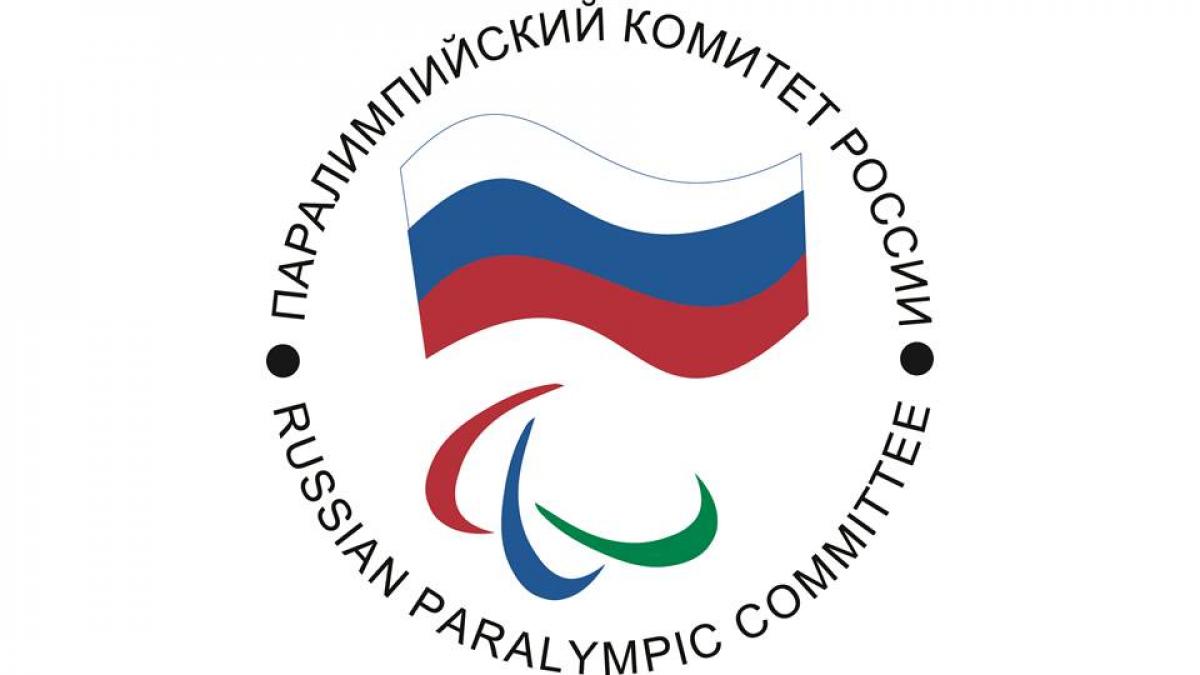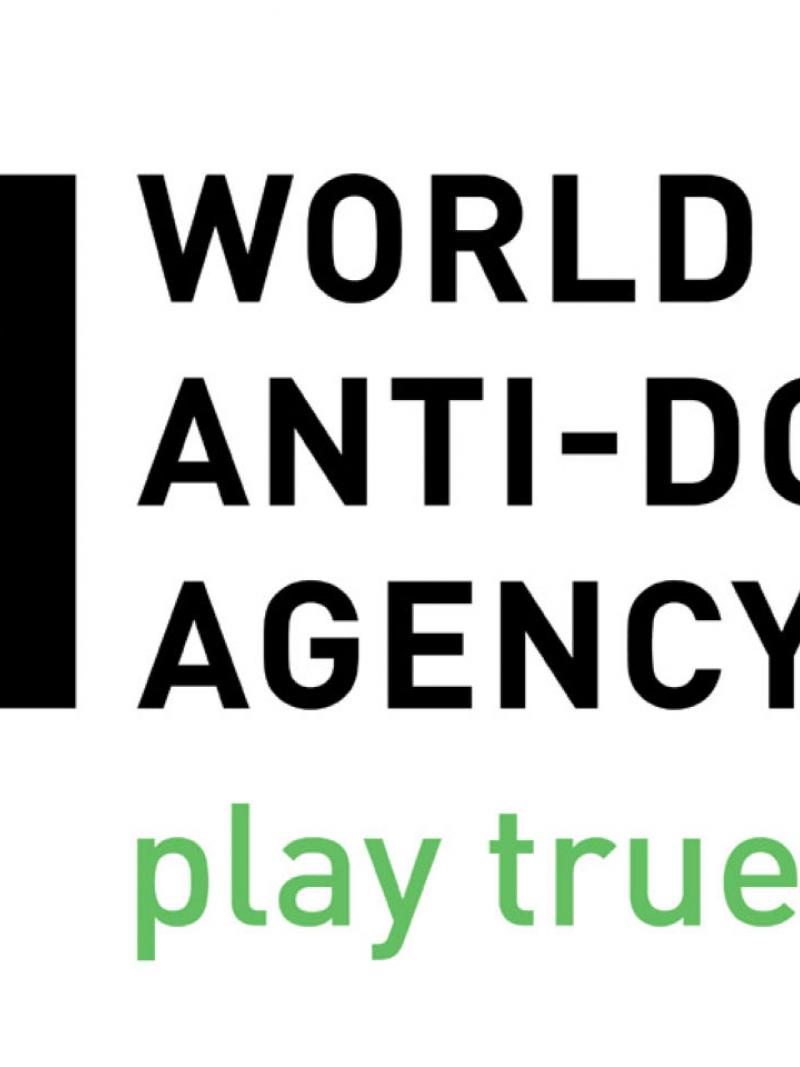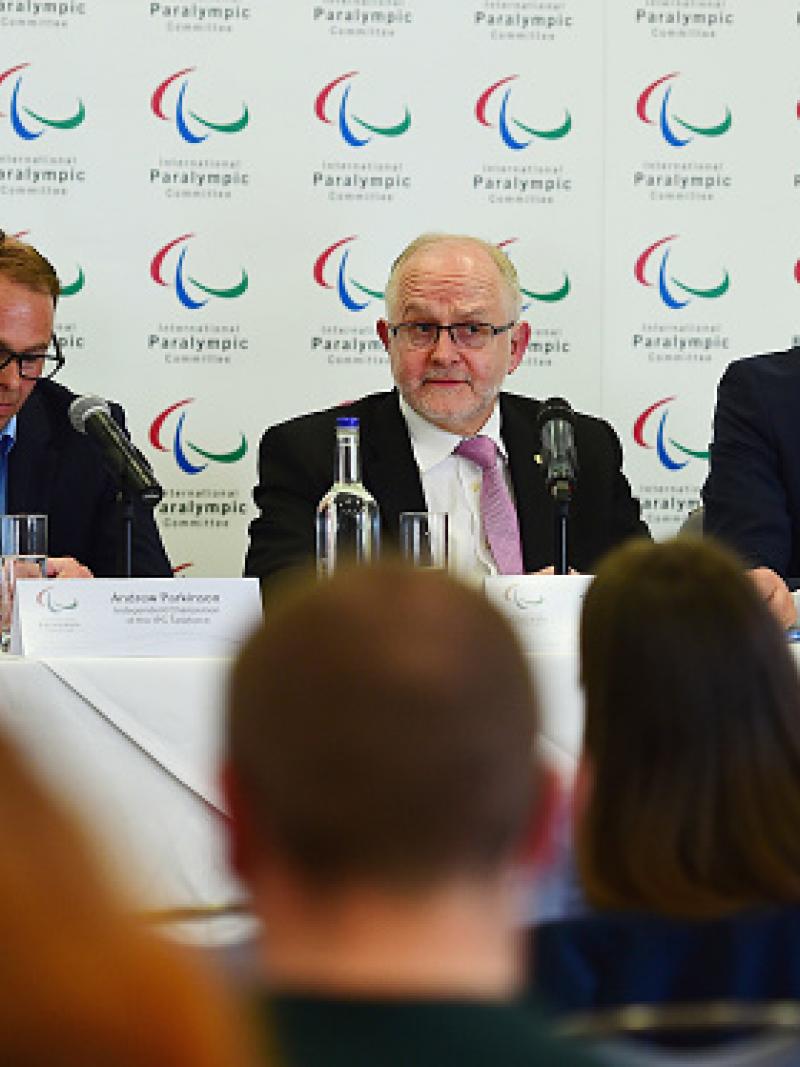Russia launches anti-doping hotline
Russian Paralympic Committee introduces new Anti-Doping Programme in effort to meet IPC reinstatement criteria. 19 Aug 2017
The Russian Paralympic Committee (RPC) has launched a hotline for reporting any alleged anti-doping violations on Saturday (19 August) as part of a range of initiatives to try and meet the reinstatement criteria for having its International Paralympic Committee (IPC) suspension lifted.
As part of its aim to develop a strong anti-doping culture and meet the IPC reinstatement criteria, the RPC has developed and agreed with the IPC the following documents:
1. RPC Anti-Doping Educational Programme
2. RPC “Hotline”
3. RPC Regulations on Ethics, conflict of interests and fight against corruption
4. Mechanisms to ensure the proper enforcement of any consequences imposed in respect of anti-doping rule violations
5. Procedure of systematic publication of all decisions imposing sanctions on persons under its jurisdiction in respect of anti-doping rule violation
6. Athlete and athlete support personnel anti-doping declarations
7. Statement of non-infringement of anti-doping rules
8. Educational courses for the coaches and specialists of National Sport Teams of Russia via the e-learning educational platform of RUSADA “Triagonal”
Alongside the launch of the hotline, the RPC also presented an Ambassadors of Paralympic sports programme – showcasing remarkable and outstanding Paralympic athletes - who will actively promote the values of Paralympic Movement, spirit of a fair play, ideals of doping-free clean sport.
The new RPC Educational Anti-Doping Programme was developed by the RPC in co-operation with the IPC Taskforce, RUSADA and World Anti-Doping Agency independent experts. The programme’s mission is to prevent intentional and neglected use of the prohibited substances and methods by Paralympic athletes in Paralympic sport. It also aims to increase the awareness levels of athletes and athlete support personnel in the fight against doping to ensure fair and clean competitiveness of athletes at national and international competitions in Paralympic sports.
In order to implement the RPC Educational Anti-Doping Programme, RPC staff members were trained for being the lecturers of the educational programme. Following the training they will hold anti-doping seminars for all Russian national sport teams in Paralympic Sports. All the RPC staff members took their learnings via the e-learning educational platform of RUSADA “Triagonal”. All coaches and specialists, who are working with Russian national sport teams will have to complete this educational platform as well.
With the purpose to promote an open environment with zero-tolerance to doping and preserving clean sport, the RPC has produced some special information materials including the second edition of “Paralympic Sport”, a magazine featuring details on the operation of the RPC “hotline”, examination of medical supplies and RUSADA’s e-learning educational platform.
In order to increase the level of education in the field of anti-doping procurement of the athletes of Russian national sport teams and all those, who take an active part in preparation of sport reserve, the RPC has published the IPC Anti-Doping Code and has developed and published Athlete Anti-Doping Guidelines.
Also, alongside the hotline launch on 19 August, the RPC will hold the first pilot anti-doping seminar for athletes of Russian national sport teams. More than 30 athletes, coaches and specialists from Para ice hockey, wheelchair curling and Para canoe will take part in Saturday’s course.
For the purpose to increase availability of any anti-doping information and to simplify the search of the particular documents on anti-doping activities, the RPC has published on the RPC’s website home page the link to “Anti-Doping” Section.
The IPC Governing Board will meet from 3-4 September in Abu Dhabi, UAE. At this meeting the IPC Taskforce will update the Board on the RPC’s progress in meeting the reinstatement criteria and make a recommendation on next steps.






